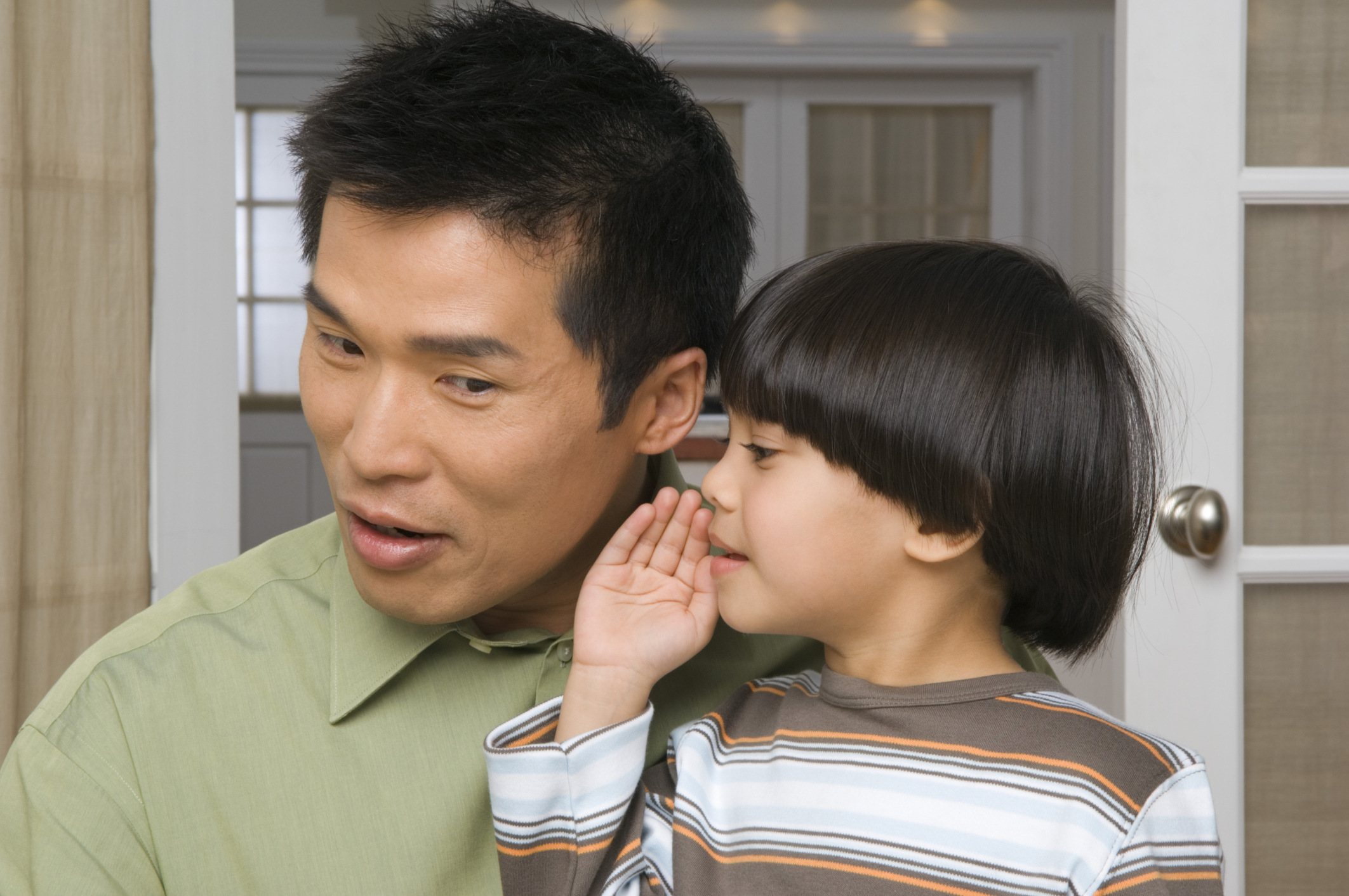 Connecting with and creating a stronger relationship with your children starts with listening to them. There are specific skills that a parent can master that can help to show your children that you care. Instead of arguments, listen and show your understanding while maintaining your position. By attending to them and inviting them to talk, you can take steps toward better communication and a great relationship.
Connecting with and creating a stronger relationship with your children starts with listening to them. There are specific skills that a parent can master that can help to show your children that you care. Instead of arguments, listen and show your understanding while maintaining your position. By attending to them and inviting them to talk, you can take steps toward better communication and a great relationship.
Make Sure You Are Paying Attention
Carve time out of your day specifically to communicate with your youngsters, or set aside what you are working on for a few minutes. Make eye contact, turn toward your children, and get as close to their level as both of you are comfortable with. No need to stare.
Be aware that you are talking to another person. How does your body communicate that you are listening? Are your arms crossed, are you pulled away from them, or are you standing over them imposingly? Watch what their body language is saying to you. Use a natural vocal style; your voice often communicates your emotions.
Let Your Kids Start the Conversation
Inviting your children to talk to you is more than just vaguely asking them about their day, feelings, or what happened at school. Give your kids a chance to start the conversation by asking them what they would like to talk about today.Listen to what they have to say, and remember silence is golden. When you say nothing, it allows them to fill up the space in the conversation with what they want to say and encourages them to keep talking. Give encouragement as they are talking and being open with you.
Remember that you want to be having discussions with your children regularly, not just when they are in trouble. If your children are comfortable talking with you, then even when they are in trouble they should still be comfortable talking with you about their problems. Use simple acknowledgement responses that show you are listening. “I see. Oh. Uh-Huh. Hmmm.”
Identify and Summarize Your Childrens’ Emotions
Listen for and name the feelings you think you hear from what your children are telling you. Respond to the emotions being expressed, and not the content of what is being said when you want to connect emotionally with your kids. How are they saying things? What is their body language? Identify the emotion: “Wow, you are really mad,” or “You are showing me how sad you are.”
When children share their sentiments, they are showing you trust. That trust helps to create a greater sense of connectedness that you and your children can share. Throughout your chat with your children, summarize and paraphrase what you have heard. Do not be a parrot and repeat what you have heard verbatim—just a quick sum of the ideas they are expressing. Providing a rundown of what you heard lets your children know you have been focused on their thoughts and emotions.
By modeling good listening behavior, you can teach your child to pay attention and stay focused during a talk with other people or at school. Remember that you can follow each of these ideas and reinforce the connection that you have with your children.
- Be interested and attentive
- Encourage talking
- Listen patiently
- Listen to nonverbal messages
- Avoid dead-end questions
- Observe signs
- Reflect feelings
- Summarize

The preceding article was solely written by the author named above. Any views and opinions expressed are not necessarily shared by GoodTherapy.org. Questions or concerns about the preceding article can be directed to the author or posted as a comment below.

 How to Connect with Your Kid Using Reflective Listening Skills
How to Connect with Your Kid Using Reflective Listening Skills Practicing Active Listening Can Improve Your Relationship
Practicing Active Listening Can Improve Your Relationship Are Your Child’s Emotions Dictating Your Parenting?
Are Your Child’s Emotions Dictating Your Parenting?

